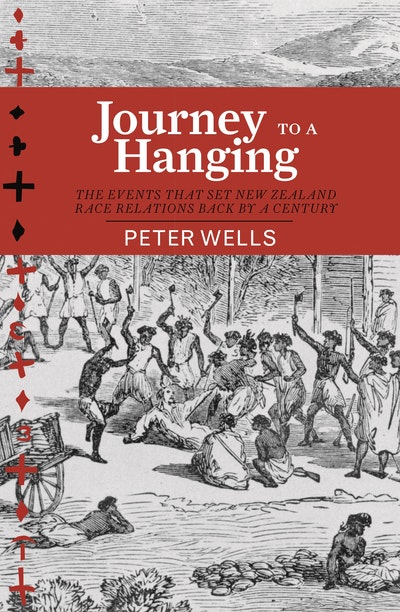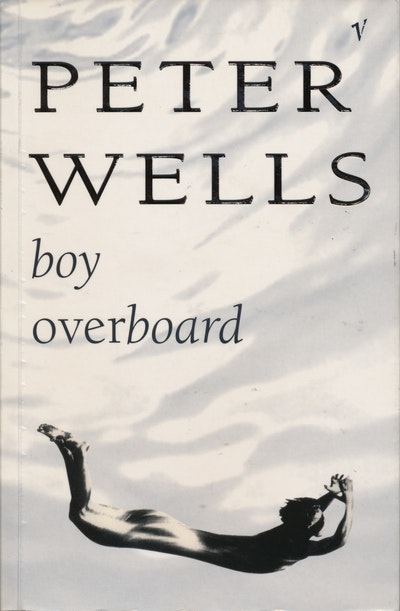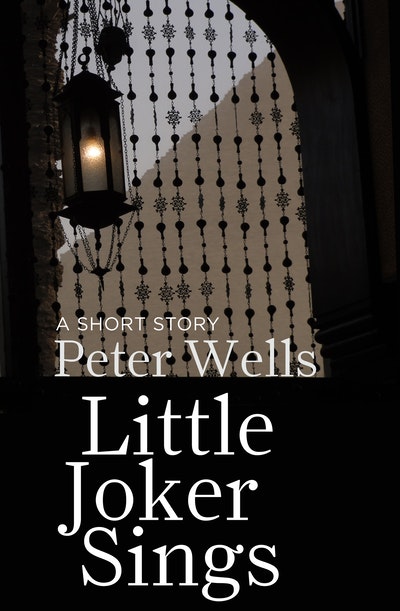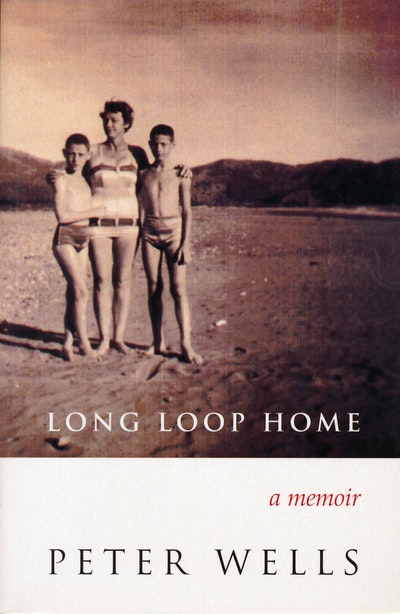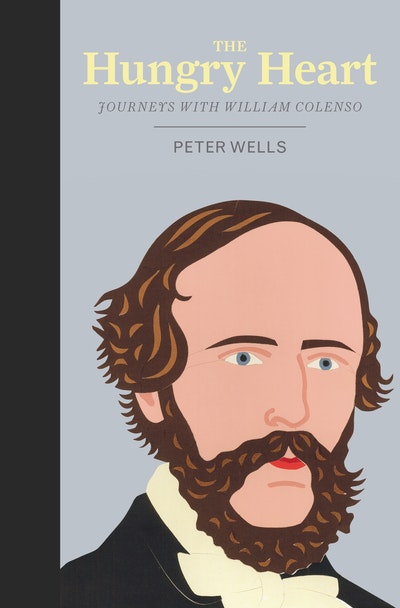Journey to a Hanging
- Published: 4 July 2014
- ISBN: 9781775533917
- Imprint: RHNZ Adult ebooks
- Format: EBook
- Pages: 416
I am sometimes so taken with a book that when I come to review it I feel the urge to rush to judgement before I do an analysis of it. This is the case with Peter Wells’ latest book Journey to a Hanging. I was so absorbed in it that I found it very hard to put it down, and galloped through its substantial text (about 400 closely-printed pages, before endnotes) in a couple of days. It is a vivid, insightful narrative and analysis of a set of tragedies in 19th century New Zealand. It is the product of close research and makes extensive use of the diaries, letters and testimonies of the people involved. It presents a credible set of arguments. And it is very, very readable.
Nicholas Reid, http://reidsreader.blogspot.co.nz/
Wells' story is much more than the journeys to two hangings or an attempt to reconstruct a crime scene. This author is compelled to understand the humanity of his subjects, to trace the inflections of their thoughts, to plumb the reality of their lived experience. This is cultural and social history at its best, brought to life with the immediacy of Wells' prose. And despite the harrowing nature of the narrative, this is history as literature, art, film. The book is replete with images old and new, making a statement about how the past lives on. . . . he sets out to show the many-sidedness of the object called "truth" or "fact". . . . It is difficult to do justice to Wells' accomplishment with this book. . . . perhaps Wells has contributed to the lightening of history's burden through the gift of a listening human ear and a patient narrator for Carl Sylvius and Te Rau. This is a powerful, highly readable and important New Zealand book.
Samuel Carpenter, Listener
Wells’ depth of knowledge and thorough research, particularly as to the Kereopa trial documentation, is not conveyed in the style of a conventional historian. His writing style is possibly best described as “racy”, and the historical narrative at times unusually weaves back and forth to his own personal involvement with people and localities. It is a unique style he used well in his previous book onWilliam Colenso. . . . It is an effective book because of its insightful challenging of long-held myths, or of aspects of some revisionist histories. The book is accurate and engagingly written about two limited segments from a violent period of our history.
R.D. Crosby, Daily Post, APN, syndicated
It is a considered and artful retelling . . . The style is that of an author in his prime. Wells’ method is sure. He overcomes the distance between present and past by utilising the very unknowability of what has occurred.
David Herkt, Dominion Post Weekend
Wells has to rely mainly on Pakeha sources, so the true Maori point of view of this event isn’t seen. But this is compelling history nonetheless and equally fair or critical to both sides. Wells is a fluent writer and attempting to weld accurate history with a personal and subjective viewpoint, and make it a literary page-turner, could easily go horribly wrong. Since Wells is completely upfront about where he’s coming from, readers know exactly what to expect. And he succeeds admirably in giving readers an intimate view of a controversial pivotal point in New Zealand history. This is historical research and presentation at its best.
Dave Calderwood, Waikato Times
extensively researched, colourfully and adventurously written
Hawkes Bay Weekend
Even-handed take on historic event.
Diane McCarthy, Opotiki News
